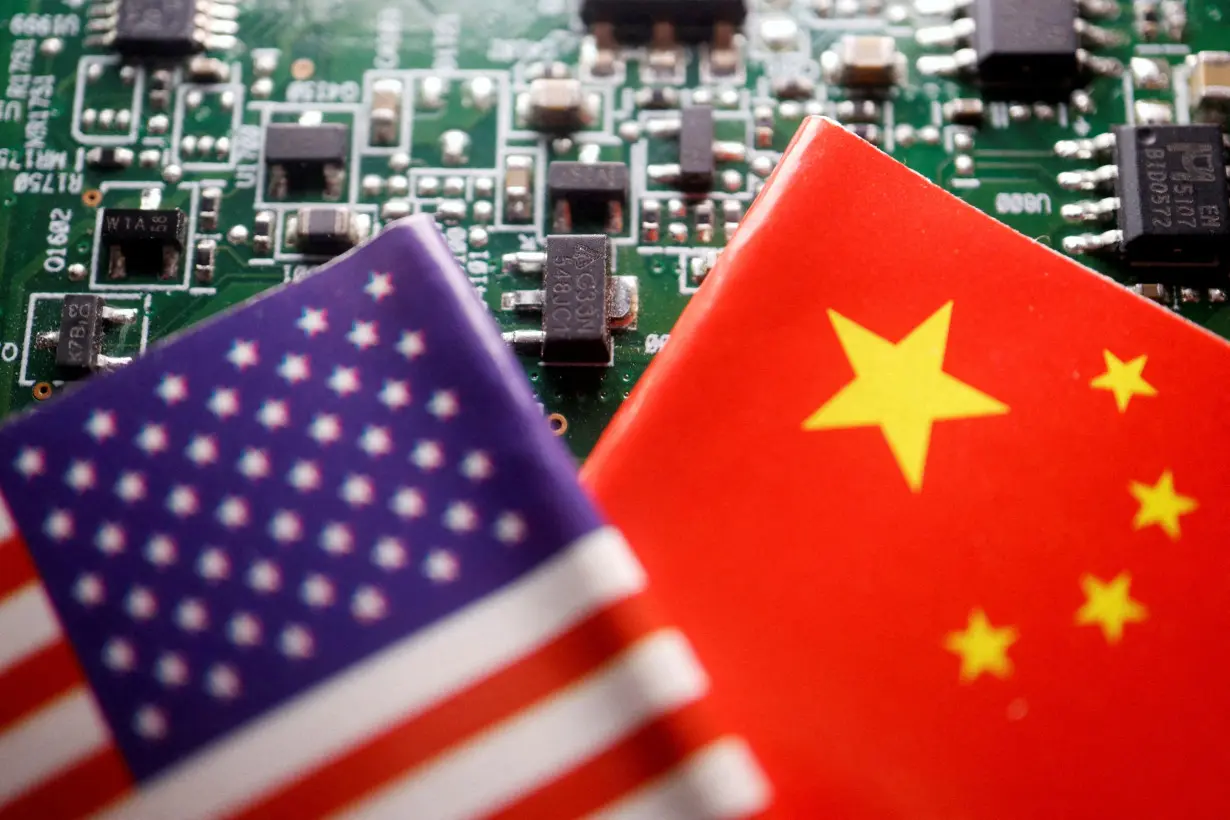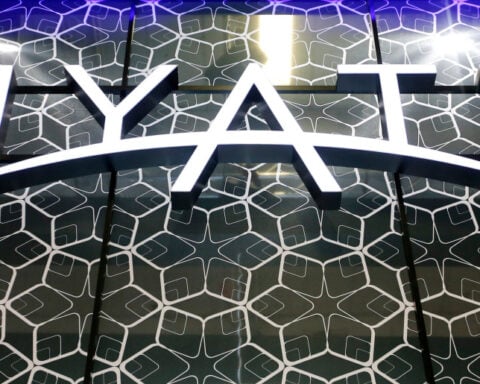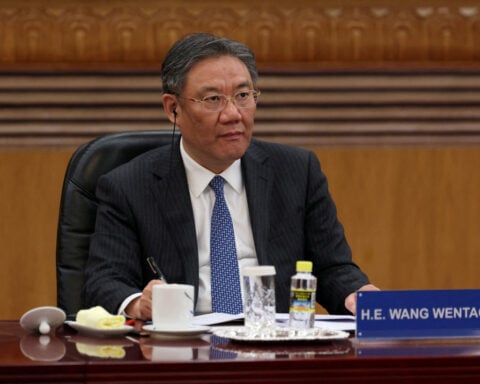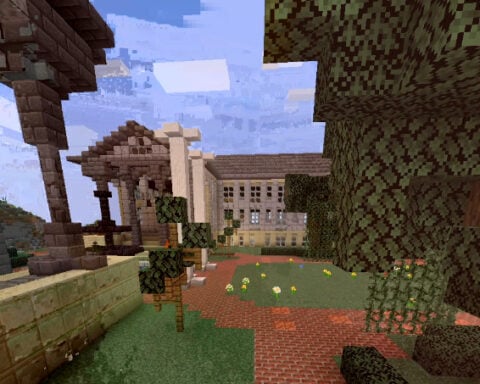By Stephen Nellis
(Reuters) - The Biden administration on Tuesday issued a sweeping update to restrictions on exporting advanced artificial intelligence to China and other countries.
The measures are designed to prevent China from acquiring the cutting-edge chips needed to develop AI technologies such as large language models, which power applications such as ChatGPT but that U.S. officials say also have military uses that present a national security threat.

Here is a closer look at how the Biden administration is tightening the rules.
CAPTURING MORE CHIPS
The original rules last year restricted chips if they met a two-pronged test for how much computing power the chips contained and how fast they could talk to other chips. Those measures were considered important because AI systems require chaining together thousands of chips at time to chew through huge troves of data.
Nvidia , the top AI chip supplier, responded by creating chips that stayed just under the communication limits for the Chinese market but that still proved useful for AI work.
On Tuesday, U.S. officials said they would focus on computing power alone, which has the effect of controlling a broader range of chips - including Nvidia's recent creations for China.
The new rules also require chip companies to notify U.S. authorities when they are selling chips that fall just below the restriction limits so that officials can track whether those chips are being used in large quantities for AI work.
CLOSING 'CHIPLET' LOOPHOLES
Another issue that U.S. regulators sought to address is a new technology known as "chiplets" in which smaller sections of a chip are joined together to form a full chip. Analysts had expressed concern that Chinese firms could use such technology to acquire chiplets that stayed within the legal limits but that could later be assembled in secret into a larger chip that would break the rules.
The new rules imposed a "performance density" limitation that aims at preventing such workarounds.
BLACKLISTING CHINA'S NVIDIA CHALLENGERS
Chip industry watchers believe that if U.S. AI chips are banned in China, Chinese firms will seek to fill the void in the market.
On Tuesday, U.S. officials added two leading Chinese chip startups, Biren and Moore Threads, to a U.S. trade blacklist. Both Biren and Moore Threads were co-founded by former Nvidia employees in China and were believed to be China's leading candidates to produce domestic alternatives to Nvidia's chips.
Their addition to what is known as an entity list could hobble the startups because it cuts them off from having their chips manufactured by Taiwan Semiconductor Manufacturing Co or other leading chipmakers that use U.S. equipment.
RED FLAGS FOR CHIP FACTORIES
The U.S. said that any chip that contains 50 billion or more transistors, the tiny switches at the heart of all computing chips, and uses what is called high bandwidth memory, presents a "red flag" an exporter should consider when deciding if they need a license to ship goods to China. That threshold would encompass nearly all advanced AI chips and is aimed at helping chip factories spot efforts to work around the rules.
EXPANDED REACH
U.S. officials expanded the license requirements for exporting advanced chips from China and Macau to all 22 countries on which the U.S. maintains an arms control embargo. The officials also extended the controls to any company whose ultimate parent company is headquartered in one those countries in an effort to prevent offshore subsidiaries from buying up banned chips.
(Reporting by Stephen Nellis in San Francisco; Editing by Marguerita Choy)

 Trump has begun another trade war. Here's a timeline of how we got here
Trump has begun another trade war. Here's a timeline of how we got here
 Canada's leader laments lost friendship with US in town that sheltered stranded Americans after 9/11
Canada's leader laments lost friendship with US in town that sheltered stranded Americans after 9/11
 Chinese EV giant BYD's fourth-quarter profit leaps 73%
Chinese EV giant BYD's fourth-quarter profit leaps 73%
 You're an American in another land? Prepare to talk about the why and how of Trump 2.0
You're an American in another land? Prepare to talk about the why and how of Trump 2.0
 Chalk talk: Star power, top teams and No. 5 seeds headline the women's March Madness Sweet 16
Chalk talk: Star power, top teams and No. 5 seeds headline the women's March Madness Sweet 16
 Purdue returns to Sweet 16 with 76-62 win over McNeese in March Madness
Purdue returns to Sweet 16 with 76-62 win over McNeese in March Madness







